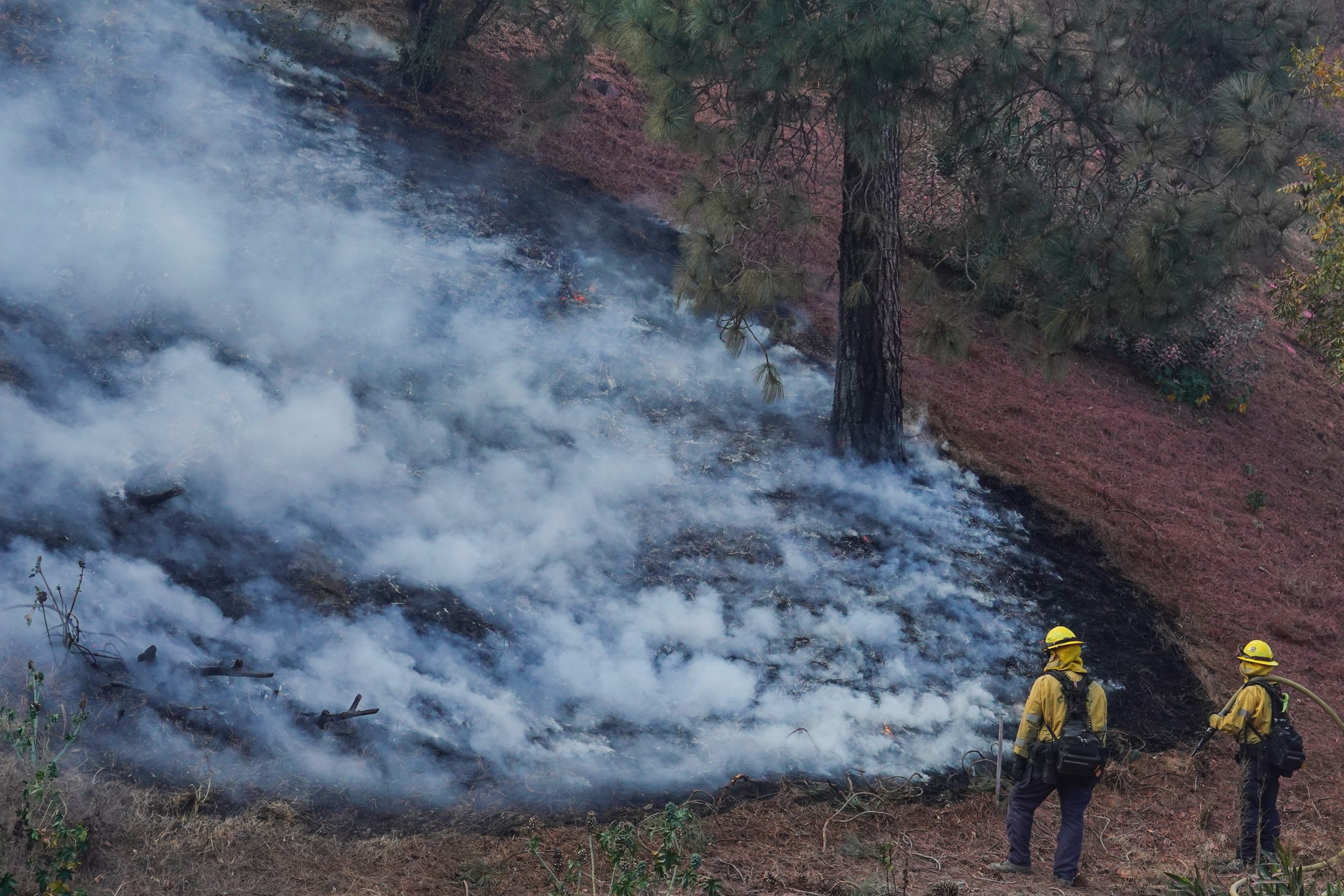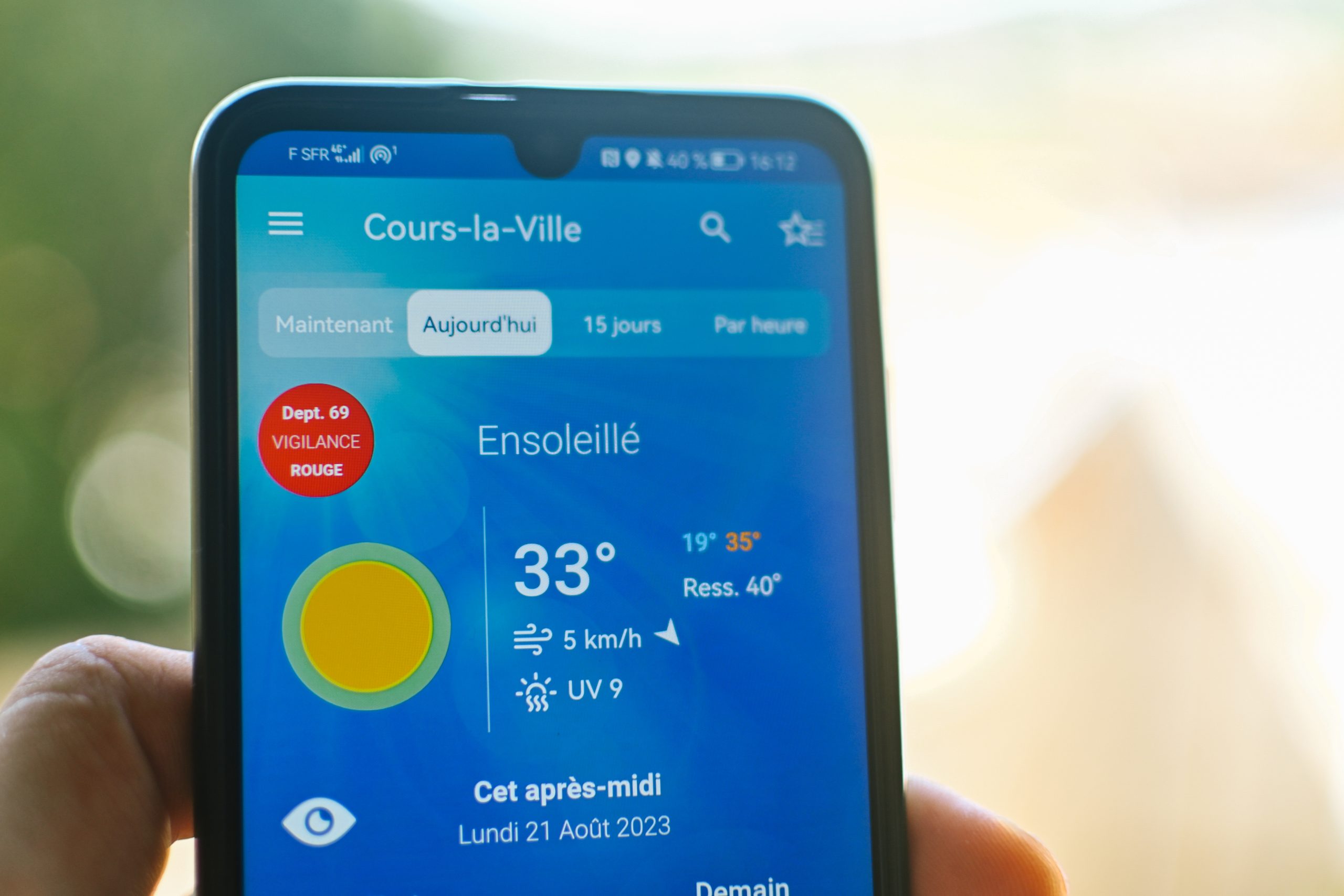Report summary: Virtual Reality For Global Climate Leadership
This report explores the role of VR as a policy tool that can shift leaders’ perceptions of the climate crisis.
The report, authored by Deputy Director and Senior Fellow for Foresight at the Scowcroft Center for Strategy and Security Peter Engelke and former Director of Strategic Initiatives and Partnerships at Arsht-Rock Rosemary Mann, examines how VR technology can be honed and applied to high-level global climate leadership. If the technology is leveraged impactfully, VR can drive innovative policy and investments by shaping the ways leaders understand the impacts of climate-altered futures.
How can virtual reality be leveraged to drive global climate action?
A better future is possible. Virtual reality can’t solve the climate crisis, but it can incentivize leaders to build climate-resilient futures through substantive policy and investment.
VR is an innovative tool that can transform how leaders perceive climate change. Leading organizations, therefore, should embrace the technology as a starting point for structured, systematic, and ongoing engagement with global leaders.
By providing audiences with intense and motivating experiences to associate with climate-altered futures, VR can incentivize policy and investment aimed at adapting to climate change and building a more sustainable, resilient future.
When you are in VR experiences, you’ll remember them as if you were actually there. You’ll have more empathy for somebody that you’ve met than somebody that you’ve just heard of, and the feeling that you’re sharing the same space and maybe making eye contact with that person — it’s really powerful.
About Arsht-Rock and VR
The Adrienne Arsht Rockefeller Foundation Resilience Center (Arsht-Rock) engages in work with the gaming industry as a key climate intervention. More than three billion people globally are now “gamers,” making gaming a valuable tool to deliver messaging about responding to the climate crisis to a mass audience. VR offers a unique opportunity to impact high-level leaders through gaming by allowing them to virtually experience the human impacts of climate-altered futures. Arsht-Rock conducted a yearlong study on VR that led to three products: this report on VR’s potential as a tool to drive climate adaptation policy, a technical paper on best practices for building climate-related VR experiences, and a VR prototype.
About the Scowcroft Center for Strategy and Security
The Scowcroft Center for Strategy and Security works to develop sustainable, nonpartisan strategies to address the most important security challenges facing the United States and its allies and partners.








